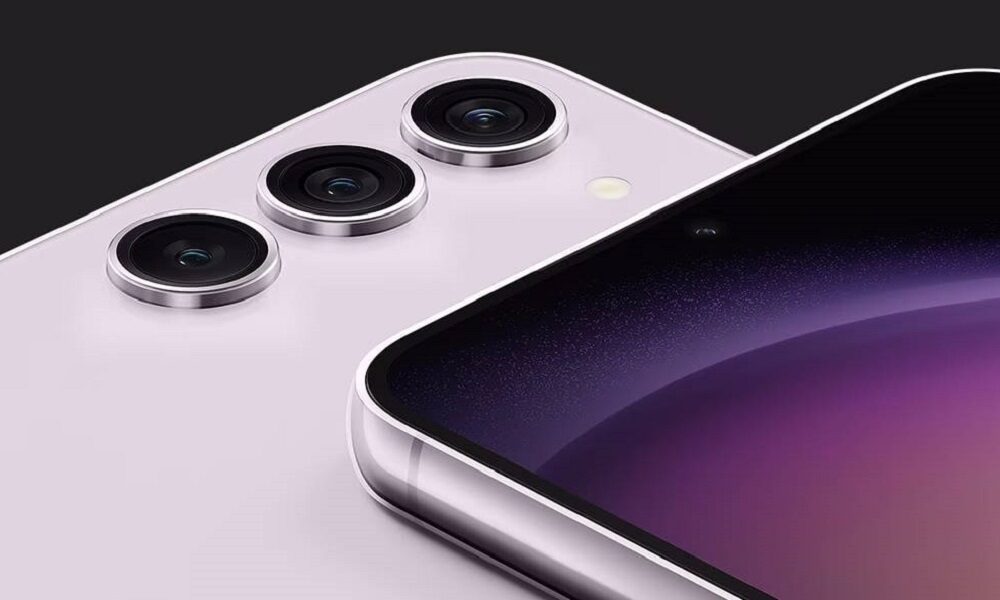
Microsoft is striving to bring Bing to the next level through the use of artificial intelligence, which has aroused the interest of Samsung for using it as the default search engine on their mobiles instead of Google. Obviously, the Mountain View giant has not liked the South Korean giant’s new intentions at all, but the latter possibly has a compelling reason beyond the use of artificial intelligence.
Apparently, and as they have collected in The New York Times, Samsung privately exposed to Google last month its intentions to use Bing as the default search engine on its phones. The corporation originally from South Korea has stated as the main reason the lack of any implementation of artificial intelligence in the Google search engine.
Samsung’s intentions, how could it be otherwise, have not pleased Google at all, since the establishment of Bing by default would mean a significant loss of income and could incentivize Apple to try a similar move. Here we should not rule out other OEMs that preinstall Android under the conditions of the Mountain View giant.
Due to the fact that the Google search engine does not implement artificial intelligence for now and Samsung’s intentions to switch to Bing, the corporation responsible for Android has put in the turbo to have something at least very advanced for Google I / O 2023, the next edition of its well-known developer conference that is often used as a platform to announce its next technological moves.
The abrupt emergence of artificial intelligence through ChatGPT seems to have caught Google off guard, so the company has launched something known as Project Magi in order to give an answer. The search engine continues to be one of the cornerstones of Google’s business model, more so seeing that only on Android and iOS it generates more than 20,000 million dollars in revenue a year, despite the fact that it has had to go through the cashier to avoid losing to Apple.
Other projects undertaken by Google are GIFI, which is oriented to the generation of images with Google Images; Tivoli Tutor, which aims to create a framework that helps users learn languages with the support of artificial intelligence; as well as Searchalong, a Chrome extension that would allow users to ask a chatbot questions while browsing the Internet. On the other hand there is Bard, which is supposed to compete with ChatGPT, but for now it is behind it.
Aside from all the AI stuff, another thing Samsung may be looking at is reducing reliance on some partners. At the hardware level, we have seen that it has renewed its alliance with AMD to relaunch its Exynos processors at the highest level, which only makes sense if the intention is to reduce its dependence on Qualcomm, which has increased after seeing various generations of Exynos SoCs. below at a qualitative level.
Despite the fact that Android is a much more open system than iOS, it is no less true that Google exercises a strong dominance over its OEMs, which are forced to pre-install their services by contract. We’ll see if this last factor doesn’t end up making Samsung outdo itself, and not in a good way, in terms of data storage.




